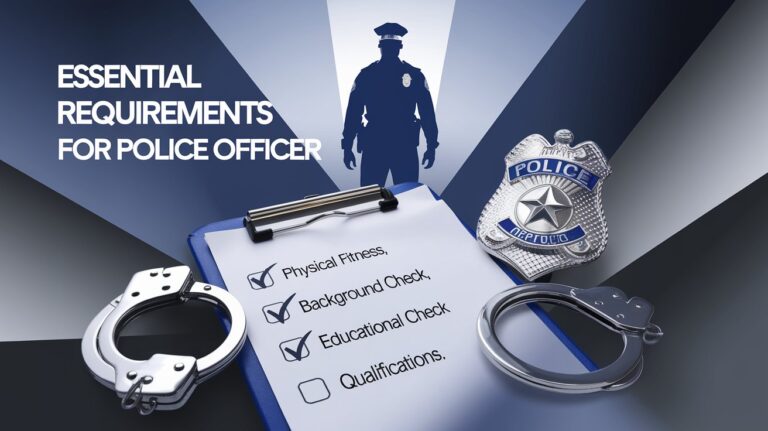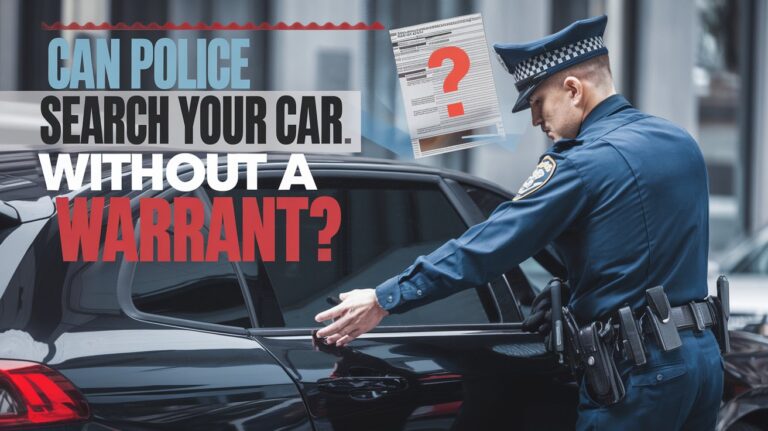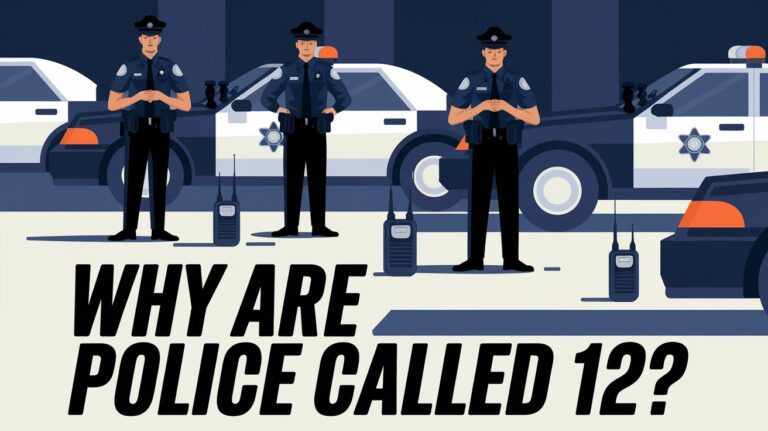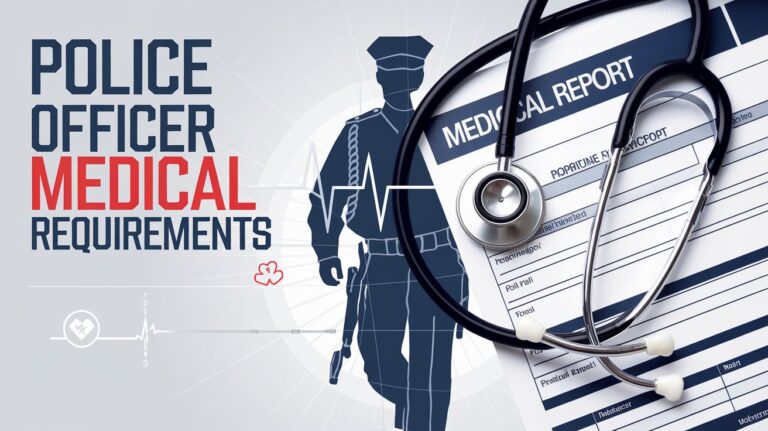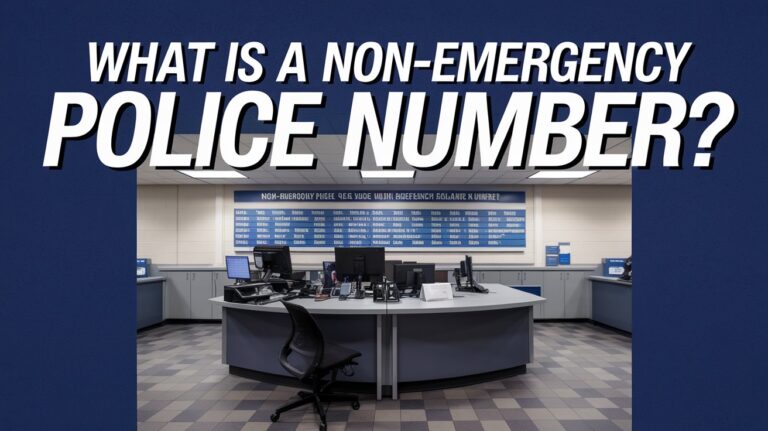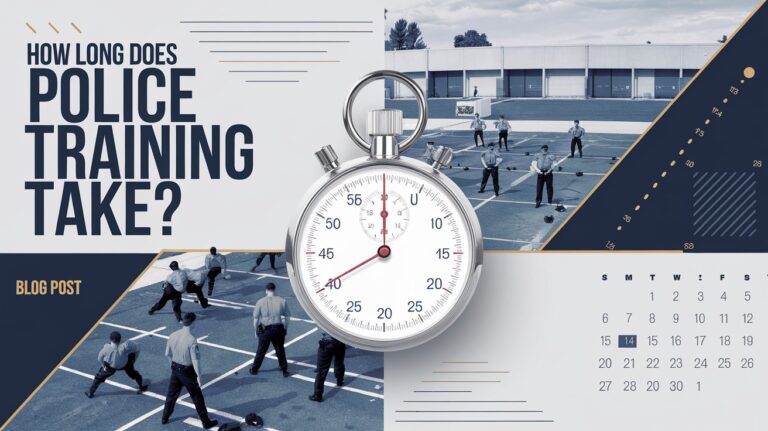What Is a Citation Police? Understanding Traffic Tickets
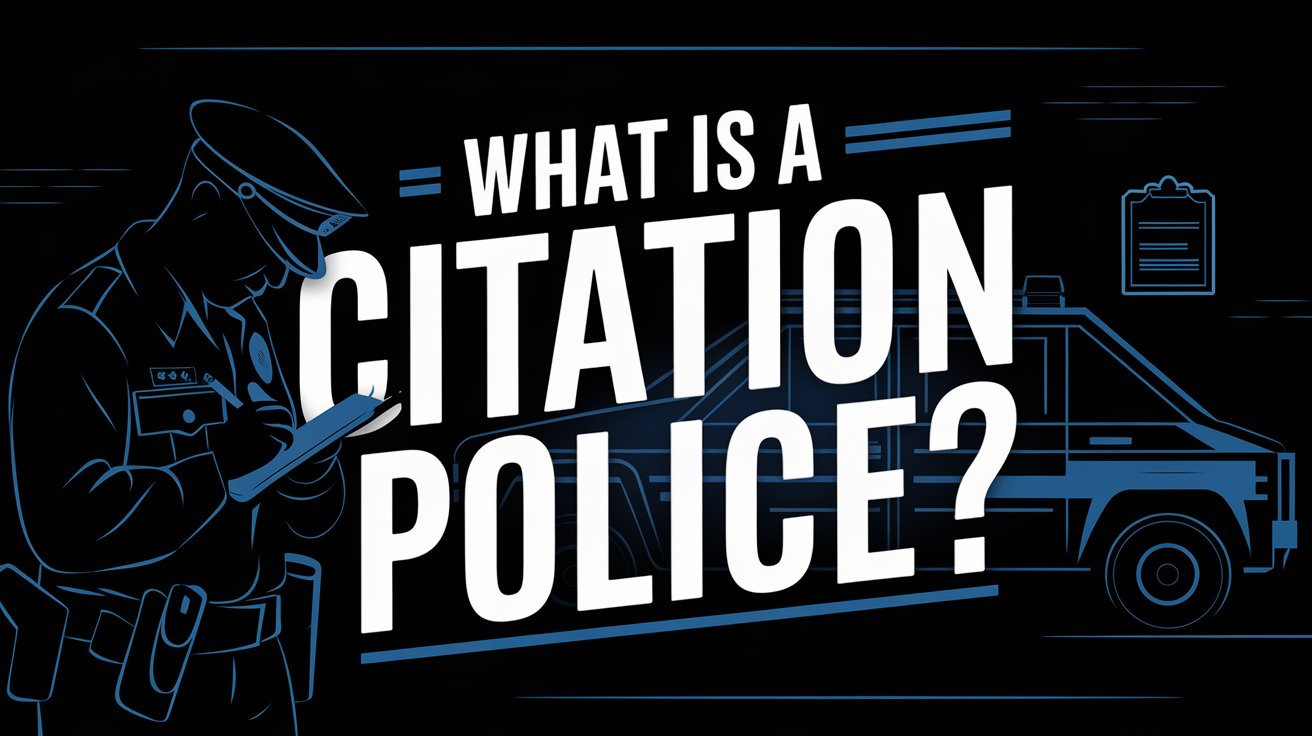
Ever get a slip of paper from a cop after being pulled over? That’s probably a police citation or traffic ticket. It tells you about a traffic law you broke. Let’s talk about these citations – what kinds there are, what they mean for you, and what to do if you get one. We’ll also cover ways to avoid tickets in the future.
Defining Police Citations
The Basics of Traffic Tickets
Police citations are official notices issued by law enforcement officers when they believe you’ve broken a traffic law. These documents serve as a record of the alleged offense and typically include details like:
- Your name and contact information
- The specific violation
- Date, time, and location of the incident
- Instructions on how to respond
Think of a citation as a formal accusation that you’ve violated a driving-related law or regulation.
Citation vs. Ticket: Is There a Difference?
You might hear people use “citation” and “ticket” interchangeably. That’s because they’re essentially the same thing. Both terms refer to the official document you receive when an officer believes you’ve broken a traffic law. So whether you call it a citation or a ticket, the meaning and consequences remain the same.
Types of Police Citations
Police officers issue citations for various reasons. Let’s break them down into two main categories:
Moving Violations
These occur when your vehicle is in motion. Common examples include:
- Speeding: Going faster than the posted limit
- Running red lights or stop signs
- Reckless driving: Operating your vehicle dangerously
- DUI/DWI: Driving under the influence of alcohol or drugs
- Failure to signal when changing lanes or turning
Non-Moving Violations
These typically happen when your car isn’t moving. Examples are:
- Parking violations: Like parking in a no-parking zone
- Expired registration
- Equipment issues: Such as broken taillights
- No proof of insurance
- Illegal window tints
Anatomy of a Police Citation
Key Information on Your Traffic Ticket
When you receive a citation, it’s crucial to understand what’s on it. Here’s what you’ll typically find:
- Citation number: A unique identifier for your ticket
- Your personal information: Name, address, driver’s license number
- Vehicle details: Make, model, license plate number
- Violation details: What law you allegedly broke
- Fine amount: How much you need to pay
- Court information: Where and when to appear if needed
- Officer’s information: Name and badge number of the issuing officer
Decoding Citation Codes and Language
Citations often use codes or legal language that might seem confusing. Don’t worry – most tickets include a brief description of the violation. If you’re unsure, you can usually look up the code online or contact the court for clarification.
The Process of Receiving a Police Citation
What to Expect During a Traffic Stop
Getting pulled over can be nerve-wracking. Here’s what typically happens:
- The officer signals you to pull over
- They’ll approach your vehicle and ask for license and registration
- The officer explains why they stopped you
- They may issue a citation or give a warning
- If you receive a citation, the officer will explain your options
Your Rights When Issued a Citation
Remember, receiving a citation doesn’t mean you’re guilty. You have rights, including:
- The right to remain silent
- The right to refuse a vehicle search (unless the officer has probable cause)
- The right to contest the citation in court
Consequences of Police Citations
Fines and Penalties
Most citations come with a fine. The amount varies based on the violation and your location. Some serious offenses might require a court appearance and could result in additional penalties like community service or even jail time.
Impact on Driving Records
Many traffic violations add points to your driving record. Accumulate too many, and you could face license suspension or revocation. These points typically stay on your record for a few years, depending on your state’s laws.
Insurance Rate Increases
Traffic violations can lead to higher insurance premiums. Insurance companies view drivers with citations as higher risks, which often translates to increased rates. The impact on your insurance can last for several years.
Responding to a Police Citation
When you receive a citation, you generally have three options:
Paying the Fine
This is the simplest option. You admit responsibility and pay the fine by the due date. You can usually do this online, by mail, or in person at the court.
Contesting the Citation
If you believe you didn’t commit the violation or have a valid excuse, you can contest the citation. This involves:
- Requesting a court hearing
- Presenting your case to a judge
- Potentially having the citation dismissed or the penalty reduced
Traffic School and Defensive Driving Courses
Some jurisdictions offer the option to attend traffic school or a defensive driving course. Completing these can sometimes result in:
- Dismissal of the citation
- Reduction of fines
- Prevention of points being added to your driving record
High-Risk Drivers and Multiple Citations
Understanding High-Risk Auto Insurance
If you accumulate multiple citations or serious violations, insurance companies may label you a “high-risk” driver. This often means:
- Higher insurance premiums
- Fewer coverage options
- Potential difficulty finding insurance
Consequences of Accumulating Multiple Citations
Multiple citations can lead to:
- License suspension or revocation
- Mandatory court appearances
- Significantly higher insurance rates
- Difficulty renting cars or finding employment that requires driving
Avoiding Police Citations
The best way to deal with citations is to avoid them altogether. Here are some tips:
Safe Driving Practices
- Always follow traffic laws
- Stay alert and avoid distractions
- Use turn signals when changing lanes or turning
- Maintain a safe following distance
- Adjust your driving to weather conditions
Maintaining Your Vehicle
- Keep your registration and insurance up to date
- Regularly check and replace lights
- Maintain proper tire pressure and tread depth
- Address any mechanical issues promptly
Staying Informed About Traffic Laws
- Review your state’s driver’s handbook periodically
- Stay updated on new traffic laws
- Pay attention to road signs and speed limits
- If you’re traveling, familiarize yourself with local traffic laws
Frequently Asked Questions About Police Citations
Does signing a citation mean I’m admitting guilt?
No, signing only acknowledges that you received the citation.
Can I negotiate with the officer to avoid a citation?
Generally, no. Officers typically decide whether to issue a citation before approaching your vehicle.
Will a citation always increase my insurance rates?
Not necessarily. Minor violations or first-time offenses might not affect your rates.
State-Specific Citation Information
Remember, traffic laws and citation procedures can vary by state. It’s always a good idea to familiarize yourself with your state’s specific rules and regulations.
final thoughts
Understanding what a citation police is and how to handle one is crucial for every driver. While receiving a citation can be stressful, knowing your rights and options can help you navigate the situation more effectively. Remember, the best strategy is to drive safely and follow traffic laws to avoid citations altogether. But if you do receive one, stay calm, understand your options, and respond appropriately. Safe driving!

